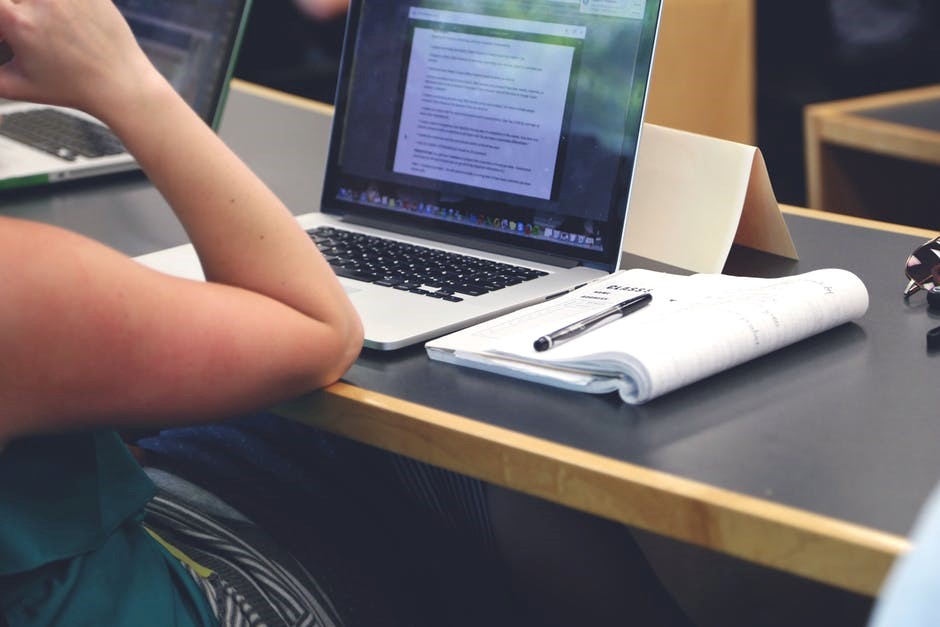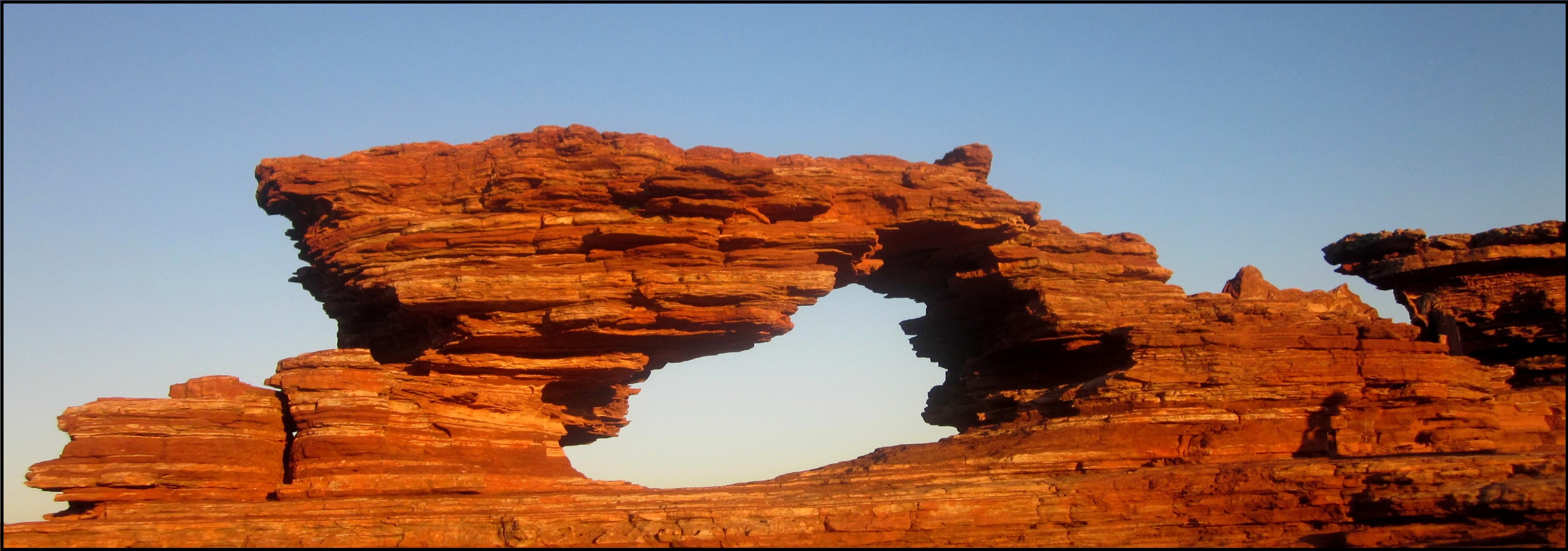Name of Organisation: Ambios
Description of Organisation: Ambios Ltd provides nature conservation training in UK and EU via traineeships and volunteering opportunities. Our Mission is to ‘provide inspirational education, practical action, science and technology training and volunteering opportunities in nature conservation in the UK and abroad.’ We help people achieve their goals for nature, science, education and employment.
Name of Employer: Simon Roper
Job Title: Director
Internship Scheme used: A2I, SBP
Employer subsidies (A2I) – Employment Services – University of Exeter
Student Business Partnership (SBP) – Employment Services – University of Exeter
Feedback:
We have hired a number of interns from the University of Exeter’s Internship scheme.
One intern was as a part-time Grant Funding & GiftIn-Kind Researcher and Bid Writer. The intelligent and dedicated individual we chose managed to successfully juggle a complex and diverse work pattern. She balanced the demands of her studies while building networks and undertaking the research and bid-writing tasks we asked of her with amazing operational dexterity. Her overt enthusiasm is a credit to her and will undoubtedly support her future career. While with us, this enthusiasm for learning how to research specific funders in the context of our organisation’s mission was a great asset.
Our intern successfully undertook very detailed research into possible funders we might approach for assistance with a capital project at our nature conservation training farm in South Devon. This research is challenging, as funders can have a long list of criteria, any one of which can mean the applicant is unable to apply. Sorting through this data was a major task which our SBP completed well. This learning led to her formulating and proposing a written letter-form application to a specific Charitable Trust identified from her initial research. This letter was submitted in the Ambios Ltd name by the end of her time with us. In the context of what was about to unfold with Covid-19, and the response of the charitable sector (to reallocate their funding to Covid-19 emergency support), the bid was not successful on this occasion. It does, however, represent an asset which can be used to approach other funders when the time is right. Our intern therefore leaves Ambios Ltd with that legacy for which we are very grateful. We have no doubt that there is bright and exciting future for her and we wish her well in her future endeavours.
We also recruited a Carbon Offset Project Development Officer and were very impressed with how prepared they were for the workplace. Our Intern looked at our carbon footprint in relation to our European mobility programmes. She proved to be an excellent asset to our organisation producing quality outputs which challenged our thinking, and which signposted an urgent need for change.
We recommend the Internship Scheme to other companies. It is very well managed and implemented. We thoroughly enjoyed taking on an intern and hope to host more in the future.
Quote from Carbon Offset Project Development Officer Intern:
“I carried out internet searches on the potential options and finally found documents which enabled me to work out the values. As a result, I demonstrated to Ambios how harmful flying is and they are now looking at changing the business model to less harmful methods of travel or looking at generally less movement- perhaps focusing the work of the projects to the UK rather than abroad. Also they are looking at planting trees because I presented the positive benefits of this apart from just offsetting- air quality, water quality, biodiversity, mental health etc.”








